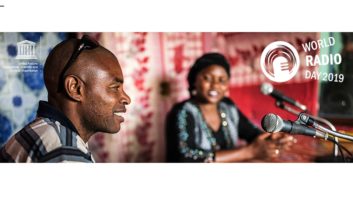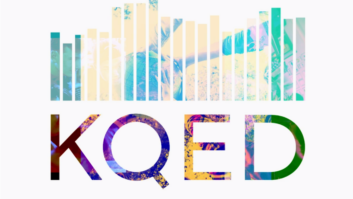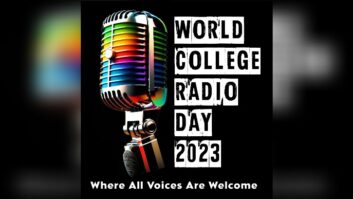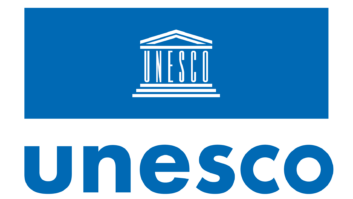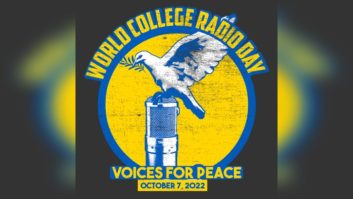
Mirta Lourenco is chief of section for Media Development and Society – Communication and Information Sector at UNESCO.
By Mirta Lourenco
The author is chief of section for Media Development and Society – Communication and Information Sector at UNESCO.
PARIS — Two of the most important threads in our social fabric — bringing together communities, bridging divides and inspiring audiences through stories of personal achievement and overcoming adversity — are radio and sports. So it is apt that on World Radio Day this year we are celebrating the power of radio through the lens of this year’s World Radio Day theme — Radio and Sports.
Any conversation about sports broadcasting must always begin with gender equality. This means equal opportunities for women as sports radio broadcasters — today just 12 percent are women, according to the UNESCO-supported Global Media Monitoring Project. It also means balanced coverage of women’s, men’s and mixed sports, whereas only 4 percent of sports media coverage currently focusing on women.
INCREASING DIVERSITY
Yet it also means looking carefully at the ways gender is portrayed in sports broadcasting, and recognizing its incredible power to shape gender norms. Coverage should celebrate all athletes for their achievement, regardless of gender, instead of relying on tired stereotypes — men as violent, emotionless achievers; women as objects, as mothers or as reliant on their male coaches and managers, etc.
Improving diversity in sports broadcasting also means covering a broader and deeper array of sports, rather than focusing on a handful of elite games and teams. Traditional sports and games connect people to their roots and identity, and are recognized as part of the intangible cultural heritage of humanity. Local sports are a beating heart of activity within communities, something that should be echoed by radio to audiences looking to see themselves represented on-air.
Lastly, at a time when our vision of a humanist society promoting tolerance and understanding across borders is being challenged, we aim to hear more coverage of the kinds of sports for peace and development initiatives that showcase the positive values of sports — teamwork, fair play, solidarity, mutual respect. Through this, radio can be a platform for sharing stories that interest and inspire their audiences to uphold these values, and counter the divisions springing forth in many parts of the world.
We have seen with examples such as Kabaddi in India and women’s soccer in the United States that broadening the range of sports content on offer can even open up new opportunities for broadcasters in attracting diverse audiences, instead of competing with each other for the same big matches.
World Radio Day offers a chance to promote international cooperation between broadcasters and promote access to information, freedom of expression and gender equality over the airwaves. I call on all radio stations, sporting associations and other relevant organizations to use the occasion of World Radio Day to come together and celebrate this vision for more diverse sporting coverage.
Happy World Radio Day.





